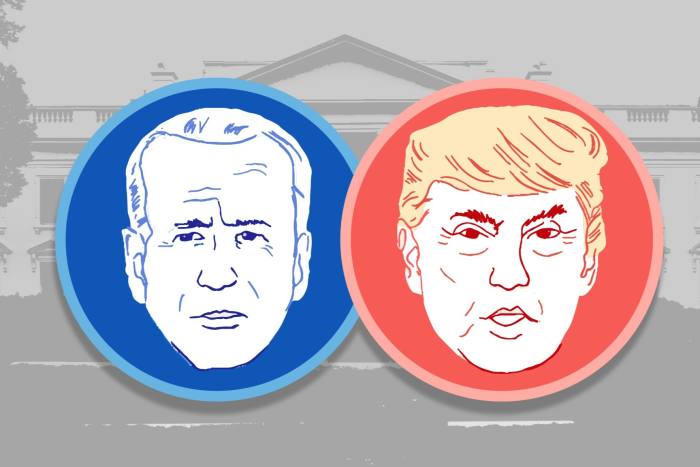Moscow has denied a Trump administration official’s claims that Washington has an agreement in principle for a new nuclear arms control deal with Russia, dealing a blow to the campaign’s efforts to score foreign policy wins ahead of next month’s presidential election.
Sergei Ryabkov, Russia’s deputy foreign minister who attended talks with President Donald Trump’s arms control envoy last week in Helsinki, said on Tuesday that the latest US stance was “unacceptable”, casting doubt on the prospect of an agreement before November’s elections.
“If the Americans need to tell their bosses they supposedly made a deal with Russia before their election, then they won’t get one,” Mr Ryabkov said.
His comments stood in contrast to remarks from Marshall Billingslea, presidential special envoy for arms control, who told a Heritage Foundation event earlier on Tuesday that the US believed there was “an agreement in principle at the highest levels of our two governments”.
“It’s why I cut short my trip to Asia and made a beeline for Helsinki when the Russians called and wanted to sit down,” he added.
The Trump administration is seeking a tough nuclear arms control agreement with Russia as a precondition to extending New START, a 10-year bilateral accord that limits US and Russian nuclear warheads. It is due to expire on February 5, a timeline that would give a potential new US administration little more than a fortnight after taking office before its lapse.
“We’re ready to strike this deal — we could strike it tomorrow in fact,” said Mr Billingslea. “Now is the time for the Russians to step up and take the deal.”
It was not clear who Mr Billingslea meant by “highest levels”, but Robert O’Brien, US national security adviser, met his Russian counterpart, Nikolai Patrushev, in Geneva a few days before Mr Billingslea’s Helsinki meetings. The National Security Council did not comment.
Mr Trump, who is trailing Democratic presidential candidate Joe Biden in national polls, has made a number of foreign policy claims in the past few weeks, including declaring last week in a tweet that US troops in Afghanistan should be home by Christmas, and claiming last month that “five or six” more countries were ready to strike deals to normalise relations with Israel, following in the steps of the United Arab Emirates and Bahrain.
The Trump administration is willing to extend the agreement so long as the Russians freeze their entire nuclear arsenal, which includes smaller tactical nuclear weapons not covered by the agreement, which Mr Billingslea said make up 55 per cent of the Russian arsenal.
While it has dropped its initial demand to include China in any new nuclear accord, Mr Billingslea said he wanted the agreements to be formatted in a way that allowed the parties to extend the agreements “to the Chinese when they are finally brought to the negotiating table”.
Mr Ryabkov said that the US insistence on freezing Russia’s entire arsenal was a non-starter for Moscow “not because we’re against freezing it, but because you need to deal with it in conjunction with strategic stability issues: you need to deal with delivery, space, the anti-missile defence system the US is creating, and their new conventionally armed long-range strategic cannon”, according to state news wire RIA Novosti.
Russia has said it was willing to extend the agreement for five years or use it as the basis for broader discussions about arms control. President Vladimir Putin told the Financial Times last year “there would be no instrument in the world to curtail the arms race” if the treaty expired, and said it was a “top priority issue” in a speech to the UN in September.
Trump vs Biden: who is leading the 2020 election polls?

Use the FT’s interactive calculator to see which states matter most in winning the presidency
The Trump administration has repeatedly threatened to let the deal lapse unless the US could strike a broader arms control agreement. However, the Biden campaign has said it would sign an extension, meeting Moscow’s hopes and making it harder for the Trump administration to strike a deal.
Alexandra Bell, senior policy director at the Center for Arms Control & Non-Proliferation, said the Trump administration was pursuing an “ill-advised and amateurish attempt” to create facts on the ground that were not borne out in reality.
Andrei Baklitsky, a senior research fellow at Moscow’s MGIMO university, said the US side wanted to agree a deal to show “what an amazing negotiator” Mr Trump was before the election. “So Russia has a card to play by saying, ‘If you want this right now, then let’s do it on our conditions,’” he said.

